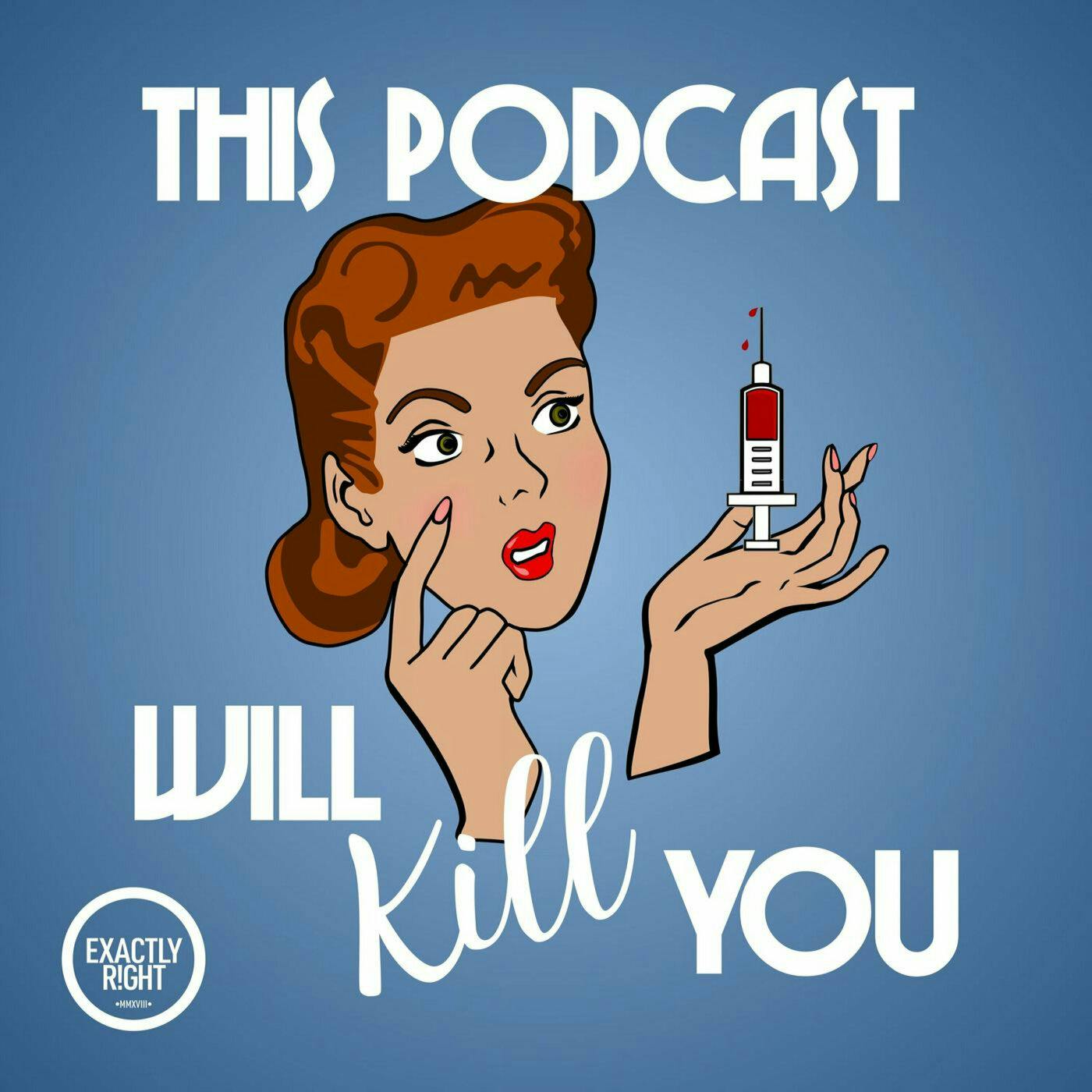Ep 156 Retinoids Part 1: How it started…
Description
That little bottle of retinol serum sitting on your bathroom counter - what do you know about its history? This week, we’re digging deep into the man behind the medicine, renowned dermatologist Dr. Albert Kligman, and the unethical research he conducted at Holmesburg Prison in the mid-20th century. Kligman’s research program at Holmesburg spanned decades, involved dozens of experiments (including tretinoin) and thousands of individuals, received ample funding from public universities and many pharmaceutical companies, and was generally praised until it all came crashing down in the early 1970s. But, as we’ll discover, the unethical behavior persisted even after the program’s closure as Kligman fought to get tretinoin to market. The murky history of retinoids might be a bit too long to include on the label, but this episode forces us to consider the human cost of a household product and the importance of acknowledging that history.
Support this podcast by shopping our latest sponsor deals and promotions at this link: https://bit.ly/3WwtIAu
Learn more about your ad choices. Visit megaphone.fm/adchoices
More Episodes
That same little bottle of retinol serum sitting on your bathroom counter - how does it work? Does it actually work? Those are the questions we’re taking on in part two of our retinoids two-parter. The answers, as you might expect, are complicated. Because as it turns out, “retinoid” is a...
Published 11/12/24
When the Massachusetts Institute of Technology admitted in 1999 that they had discriminated against women on its faculty, it sent shockwaves throughout institutions of higher learning across the country. In this TPWKY book club episode, Pulitzer Prize-winning journalist Kate Zernike joins us to...
Published 10/29/24
Stiff person syndrome, like many rare diseases, does not get nearly the same amount of screen time or name recognition that other, more common diseases do. For many people, Celine Dion’s announcement of her diagnosis with the condition in 2022 marked the first time they had heard of it. This...
Published 10/22/24


